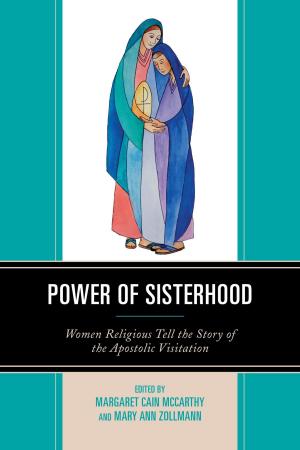The Oppositional Culture Theory
Nonfiction, Social & Cultural Studies, Political Science, International, International Relations, Social Science, Anthropology, Reference & Language, Education & Teaching| Author: | Paul C. Mocombe, Carol Tomlin | ISBN: | 9780761850144 |
| Publisher: | UPA | Publication: | October 11, 2010 |
| Imprint: | UPA | Language: | English |
| Author: | Paul C. Mocombe, Carol Tomlin |
| ISBN: | 9780761850144 |
| Publisher: | UPA |
| Publication: | October 11, 2010 |
| Imprint: | UPA |
| Language: | English |
Mocombe and Tomlin explore the black/white achievement gap in America and Great Britain, gaining understanding through black bourgeois living and the labeled pathologies of the black underclass. Within the class dualism of capitalist social relations, blacks throughout the Diaspora attempt to exist in the world. Furthermore, blacks must construct their identities and be in the world by choosing between the discursive practices of the Protestant and capitalist ideology of the black Protestant bourgeoisie, or the beliefs of the black underclass, which appear to dismiss these practices as 'acting-white' (John Ogbu's term). Presently, the practical consciousness (constituted as hip-hop culture) of the black underclass, supported by finance capital, have dominated the American and global social structure, and one of its (dys)functions is the black/white achievement gap, which is a global phenomenon emanating from black America and affecting blacks around the globe. Although the histories of blacks in America and in Great Britain are fundamentally different, Mocombe and Tomlin argue in this work that during the age of globalization, the social functions of the dominating black consciousness (hip-hop culture) coming out of America are the locus of causality for the black/white achievement gap in America and Great Britain. Tomlin highlights this problematic by analyzing effective strategies employed by high achieving blacks in Great Britain, and Mocombe does the same through an analysis of an effective reading curriculum in an American inner-city after-school program.
Mocombe and Tomlin explore the black/white achievement gap in America and Great Britain, gaining understanding through black bourgeois living and the labeled pathologies of the black underclass. Within the class dualism of capitalist social relations, blacks throughout the Diaspora attempt to exist in the world. Furthermore, blacks must construct their identities and be in the world by choosing between the discursive practices of the Protestant and capitalist ideology of the black Protestant bourgeoisie, or the beliefs of the black underclass, which appear to dismiss these practices as 'acting-white' (John Ogbu's term). Presently, the practical consciousness (constituted as hip-hop culture) of the black underclass, supported by finance capital, have dominated the American and global social structure, and one of its (dys)functions is the black/white achievement gap, which is a global phenomenon emanating from black America and affecting blacks around the globe. Although the histories of blacks in America and in Great Britain are fundamentally different, Mocombe and Tomlin argue in this work that during the age of globalization, the social functions of the dominating black consciousness (hip-hop culture) coming out of America are the locus of causality for the black/white achievement gap in America and Great Britain. Tomlin highlights this problematic by analyzing effective strategies employed by high achieving blacks in Great Britain, and Mocombe does the same through an analysis of an effective reading curriculum in an American inner-city after-school program.















